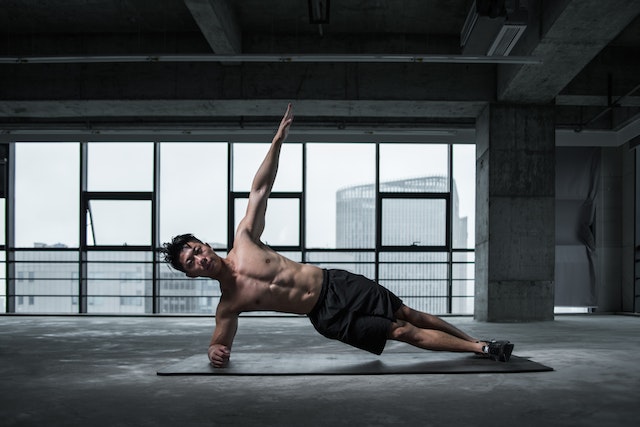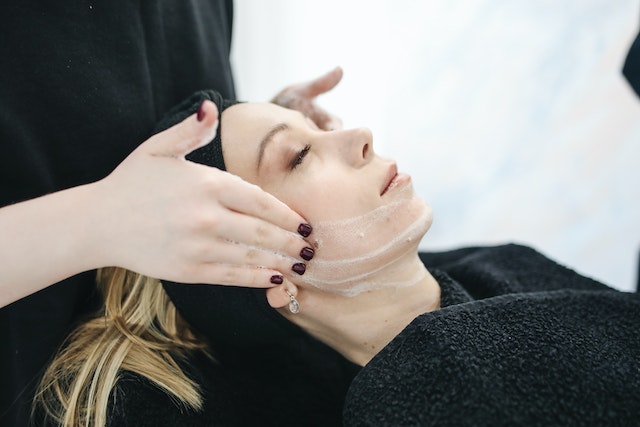Psychological Impact of the COVID-19 Pandemic on Athletes
The COVID-19 pandemic has had a profound psychological impact on athletes across the globe. The virus has forced many athletes to confront their mortality and the fragility of their livelihoods. In addition, the pandemic has threatened the fabric of sport itself, with canceled seasons and leagues shutting down altogether. This paper will explore the psychological impact of the pandemic on athletes, as well as some of the coping strategies they have employed.
The Psychological Impact Includes;
1) Fear of Dying
The virus has forced many athletes to confront their mortality. This is especially true for those who have contracted the virus or had loved ones affected by it.
2) Fear of Injury
With the cancellation of seasons and leagues, many athletes have been forced to train independently. This has led to an increased fear of injury, as they are not receiving the same level of coaching and support they would typically have.
3) Fear of Financial Insecurity
The pandemic has also threatened the financial stability of many athletes. With leagues shutting down and sponsorships drying up, many athletes are worried about their future.
4) Uncertainty About The Future of The Sport
The pandemic has cast a shadow over the future of the sport. With so many leagues and events being canceled, it is unclear what the future holds for athletes.
5) Anxiety About Returning to Competition
After months of inactivity, many athletes are eager to return to competition. However, there is also a great deal of anxiety about returning to the field of play. Will they be able to perform at the same level as before? Will they be able to stay healthy?
6) Depression
The psychological impact of the pandemic has also led to an increase in depression among athletes. The combination of fear, anxiety, and uncertainty can be overwhelming for many athletes.
There are some coping strategies that athletes have employed to deal with the psychological impact of the pandemic. Some of these include;
1) Talking to a Therapist or Counselor
The counselor will help the athlete to understand and deal with the emotions they are experiencing. The athlete needs to have someone to talk to who understands their unique pressures. A personal coach like Mitch Vanhille will also be a good source of support.
2) Joining a Support Group
Support groups can provide athletes with a sense of community and belonging. They can also offer practical advice on dealing with the pandemic’s challenges.
3) Keeping a Journal
Writing down one’s thoughts and feelings can help to provide clarity and understanding. It can also be a way of releasing pent-up emotions.
4) Staying Active
Athletes need to stay active both physically and mentally. This can help combat the pandemic’s adverse effects on their mental health.
5) Setting Goals
Setting goals can help to give athletes a sense of purpose and direction. It can also help them to stay motivated and focused on the future.
Conclusion
Athletes across the globe have been deeply affected by the COVID-19 pandemic. The virus has forced many athletes to confront their mortality and the fragility of their livelihoods.







